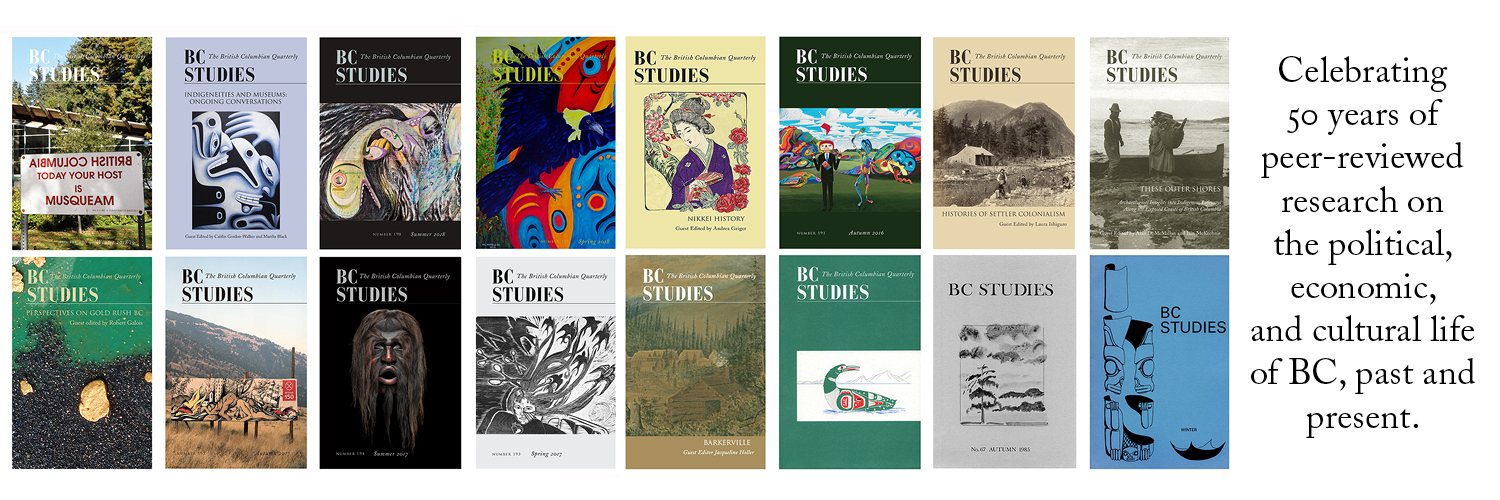Making Space in Vancouver's East End from Leonard Marsh to the Vancouver Agreement
DOI:
https://doi.org/10.14288/bcs.v0i169.446Keywords:
city planning, poverty, Vancouver, Vancouver AgreementAbstract
In Canada, the new millennium saw the rise of a new poverty mentality captured in the discourse of “complexity” that signalled the prevalence of “wicked” problems out of reach from bureaucratically ordered welfare strategies that dominated in post-World War II. This complexity could only be addressed, it was now assumed, by acknowledging a seemingly hitherto hidden facet of poverty – its spatial dimension, and in particular, its local, neighbourhood-level spaces. The aim of this paper is to unsettle the taken-for-grantedness of this new poverty discourse by examining transformations in how space has figured into poverty programs in the east end of Vancouver, British Columbia, with a major focus on the Grandview-Woodland district.



